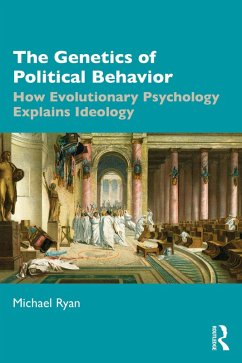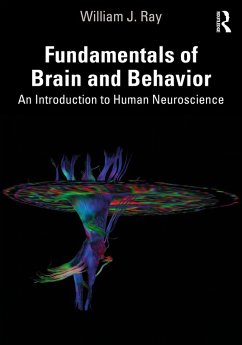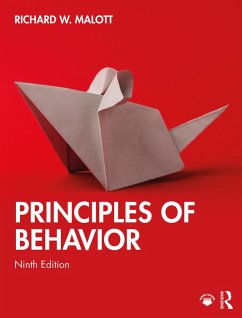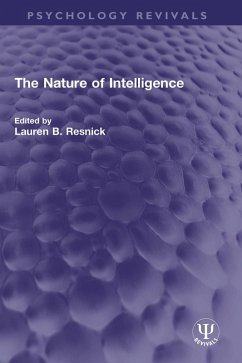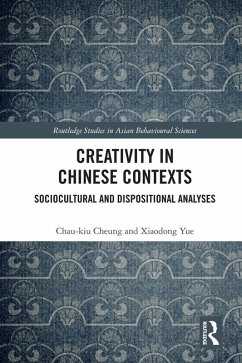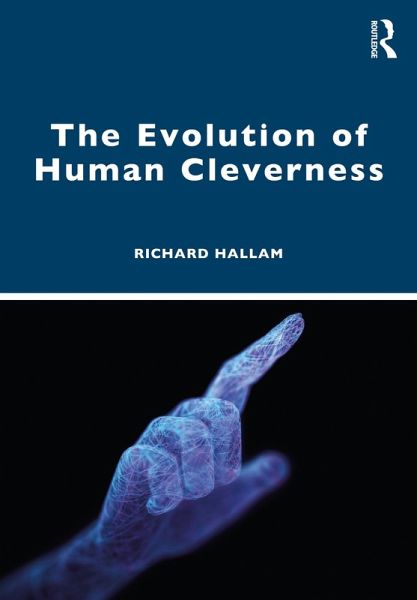
The Evolution of Human Cleverness (eBook, ePUB)
Versandkostenfrei!
Sofort per Download lieferbar
37,95 €
inkl. MwSt.
Weitere Ausgaben:

PAYBACK Punkte
19 °P sammeln!
The Evolution of Human Cleverness presents a unique introduction to the way human cognitive abilities have evolved. The book comprises a series of mini-essays on distinct topics in which technical terms are simplified, considering how humans made the long journey from our ape-like ancestors to become capable of higher-level reasoning and problem solving.All the topics are cross-linked, allowing the reader to dip in and out, but certain key concepts run through the underlying reasoning. Chiefly, these are adaptation and selection, the distinction between ultimate and proximate causes of behavio...
The Evolution of Human Cleverness presents a unique introduction to the way human cognitive abilities have evolved. The book comprises a series of mini-essays on distinct topics in which technical terms are simplified, considering how humans made the long journey from our ape-like ancestors to become capable of higher-level reasoning and problem solving.
All the topics are cross-linked, allowing the reader to dip in and out, but certain key concepts run through the underlying reasoning. Chiefly, these are adaptation and selection, the distinction between ultimate and proximate causes of behaviour, gene-culture co-evolution, and domain-general versus domain-specific cognitive processes. The book should help the reader draw lessons for the human species as a whole, especially in view of the environmental threats to its own existence.
Entries have been carefully crafted to cut through scientific jargon, providing bite-sized and digestible chunks of knowledge, making the topic accessible for students and lay readers alike. The author draws on research from diverse fields including Psychology, Anthropology, Archaeology, Biology, and Neuroscience to provide an unbiased account of the field, making it an ideal text for students of all levels.
All the topics are cross-linked, allowing the reader to dip in and out, but certain key concepts run through the underlying reasoning. Chiefly, these are adaptation and selection, the distinction between ultimate and proximate causes of behaviour, gene-culture co-evolution, and domain-general versus domain-specific cognitive processes. The book should help the reader draw lessons for the human species as a whole, especially in view of the environmental threats to its own existence.
Entries have been carefully crafted to cut through scientific jargon, providing bite-sized and digestible chunks of knowledge, making the topic accessible for students and lay readers alike. The author draws on research from diverse fields including Psychology, Anthropology, Archaeology, Biology, and Neuroscience to provide an unbiased account of the field, making it an ideal text for students of all levels.
Dieser Download kann aus rechtlichen Gründen nur mit Rechnungsadresse in A, B, BG, CY, CZ, D, DK, EW, E, FIN, F, GR, HR, H, IRL, I, LT, L, LR, M, NL, PL, P, R, S, SLO, SK ausgeliefert werden.





